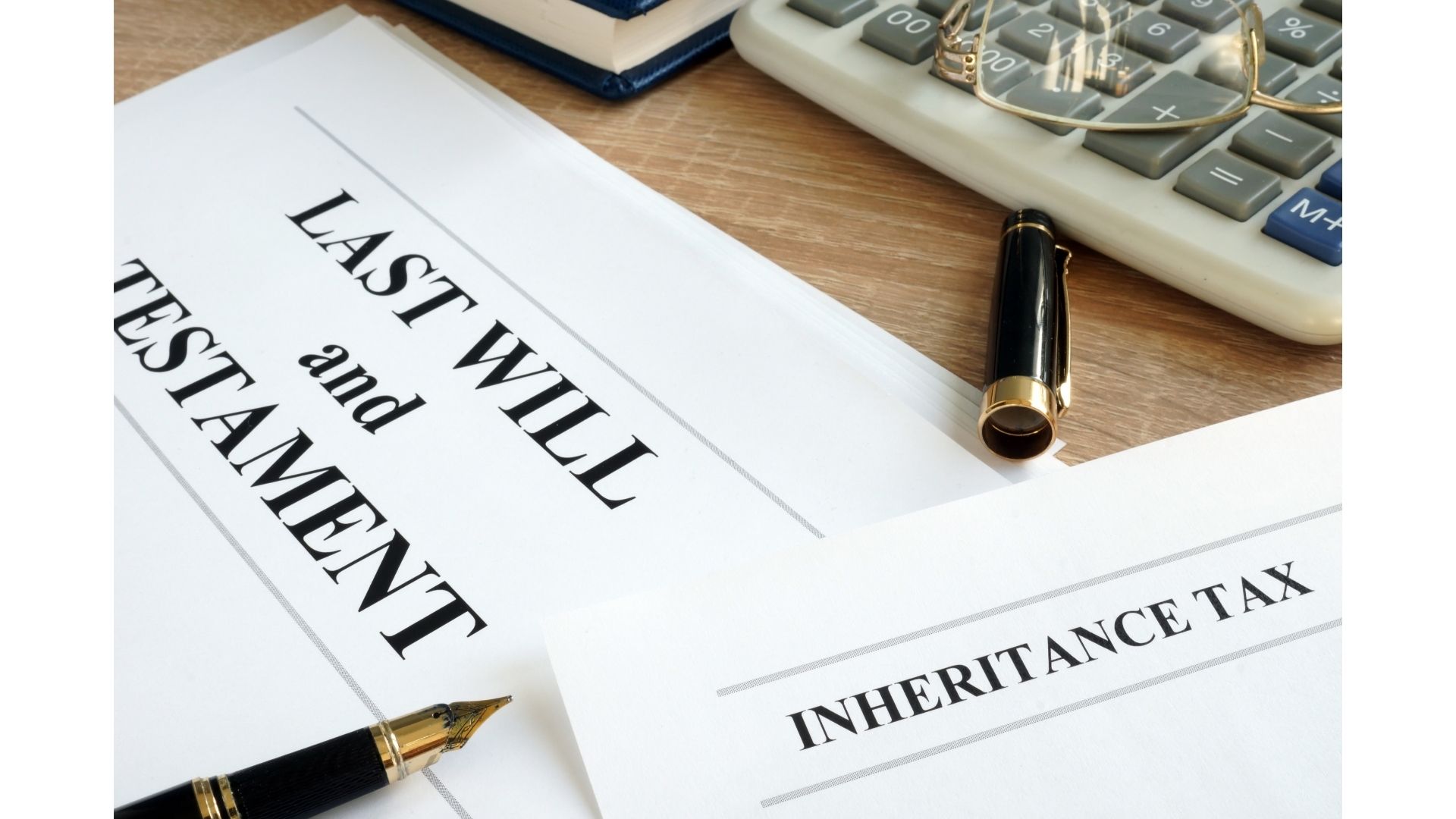Written by Alex M. Chaiken, Esq.
My legal mentor (who is very much alive!) developed a habit after years of helping clients create their estate plans: whenever a client ran into a hiccup with an estate, she would call her son and tell him some new piece of information that would make his life easier after her death. Finally, he told her to stop calling. Every time she did, he thought she was dying!
Her solution was to create a document on her computer called “death stuff.” In it was a list of helpful information: who to contact to get her Will, which banks she had accounts with, which companies her 401(k) and life insurance policies were held by, and even information to put in her obituary.
I have started advising all of my clients to do something similar. Whether it is a computer file, a handwritten list, or even giving your loved ones a pile of business cards for your lawyer, your financial advisor, and your banker, any roadmap you can create will keep your family from having to call every lawyer and bank in town to track down your documents and your accounts.
This doesn’t mean you need to hand out copies of your private documents and passwords! Knowing that you use Bank A and Law Firm B is enough of a head start for your Personal Representative to save countless hours and shoe leather. Don’t assume your kids were listening when you told them about that safe deposit box or life insurance policy. Write it down! And don’t give them a panic attack about your mortality.
What Happens to my Facebook Page After I Die, and Other Modern Problems?
For the vast majority of human history, the idea of owning anything you couldn’t touch was unfathomable. Now we have social media accounts, digital music and audiobooks, domain names, and innumerable other things that didn’t exist even three decades ago.
Some websites like Facebook or Twitter have processes to either deactivate or turn your page or feed into a remembrance or legacy page. Facebook allows you to name someone as your “legacy contact” should something happen to you. Your legacy contact will be able to manage your page to honor your memory. Alternatively, you can select an option to have Facebook deactivate your page after it is notified of your death. Twitter, on the other hand, will only work with the legally designated Personal Representative of your estate to deactivate your feed.
Apple’s iTunes, the most popular digital music provider, does not actually sell you music but rather a license to listen when you want. That license perishes with you, and your iTunes will be deactivated when Apple learns of your death. Audiobooks and e-books from Audible or Amazon are treated similarly- you’ve purchased a license and not the actual book. Legally, the right to listen to or read digital files applies only to you, personally, and not your heirs. If you want to make sure your friends and family can enjoy your music and books after you die, hang on to those CD’s and paperbacks.
Many of us have a plethora of important information in our email accounts. Some of us likely have things that we would not like to share. The major email companies like Gmail and Hotmail have processes for your Personal Representative to gain access after your death- or if you don’t want anyone to gain access you can select the option to delete your account after your death. GoDaddy has the same policy for your web domains.
Any money held in a digital wallet like PayPal or Venmo is legally the property of a decedent and will be distributed per the terms of your Will. The digital wallets will work with an estate representative, like your Personal Representative, to transfer assets to the proper estate account. The same applies to money in an Amazon or other online store account.
The worst news for my fellow Millennials and Generation Z? Your roommate’s uncle’s Netflix account will stop working as soon as the bill stops being paid.
Your Bitcoin and Your Death
I was absolutely fascinated by a recent article in the New York Times about theoretical Bitcoin millionaires who have lost access to their accounts. One poor guy had $220,000,000 worth of Bitcoin- except the key to unlock it was on a portable hard drive that was encrypted with a password he had forgotten. He had guessed eight different passwords and failed. After he guesses a tenth time, the hard drive will erase itself in what now seems more like a cruel joke than a security feature.
Bitcoin and other digital currencies are tied to a “private key,” which acts like your digital signature to prove that you own the currency you are trying to trade, sell, or spend. The New York Times article (https://www.nytimes.com/2021/01/12/technology/bitcoin-passwords-wallets-fortunes.html) suggests that up to one-fifth of all Bitcoin is considered “lost” or “stranded” by lost keys. As of the date of the article, that was the equivalent of $140 billion!
If private keys can be lost by the living, it stands to reason that they can be similarly lost after death. Of course, Bitcoin owners want to keep their private keys private, to prevent theft. But that privacy could cause the asset to be lost if the private keys are unopenable at death. The idea of Bitcoin is that there is no bank branch down the street to walk into, present a death certificate, and ask for your husband’s account to be liquidated, please. No private key, no luck.
My best advice to Bitcoin millionaires? Cash out $35 of that $220,000,000 and invest in a safety deposit box in a real brick-and-mortar financial institution. The bank manager is unlikely to lose the keys to the front door.


